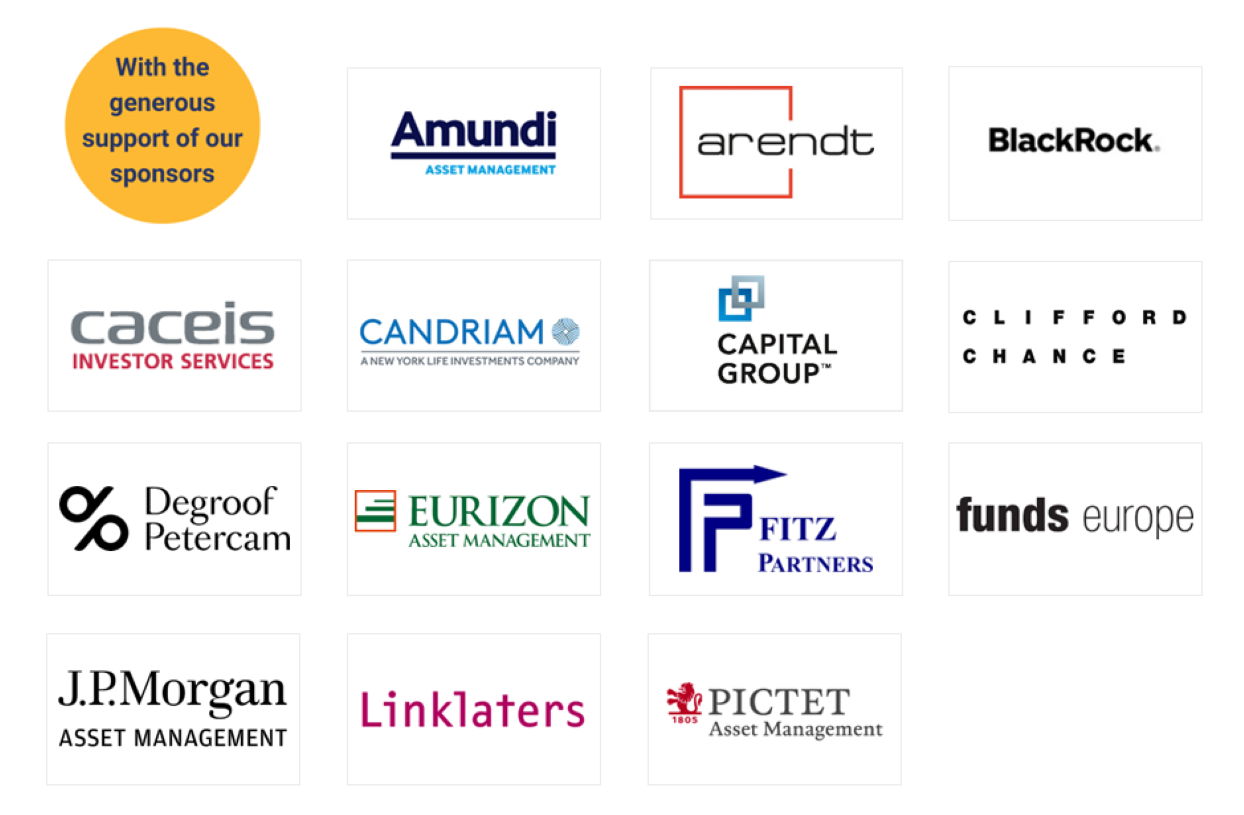In a letter to policymakers, 18 European buy-side firms state that only an Equities/ETFs tape that delivers data in real-time and that includes pre-trade data in the form of 5 layers of best bid and offer, will meet with the necessary market demand to make the Equities/ETFs Consolidated Tape commercially viable. A reasonably priced tape is also a precondition for success, they argue.
Asset Management in Europe
EFAMA's 17th edition of its ‘Asset Management in Europe’ report provides an in-depth analysis of recent trends in the European asset management industry.
Data on many different facets of the industry are covered, including:
- Total assets under management in Europe, covering investment funds and discretionary mandates
- The role of asset managers in Society and the Economy, including serving investors' needs and engaging with investee companies.
- Industry clients: at both European and country levels, including domestic and foreign clients.
- Asset allocation in Europe of investment funds and mandates, including ESG assets
- Industry organisation, such as market concentration, industry profitability and employment















.png)












































